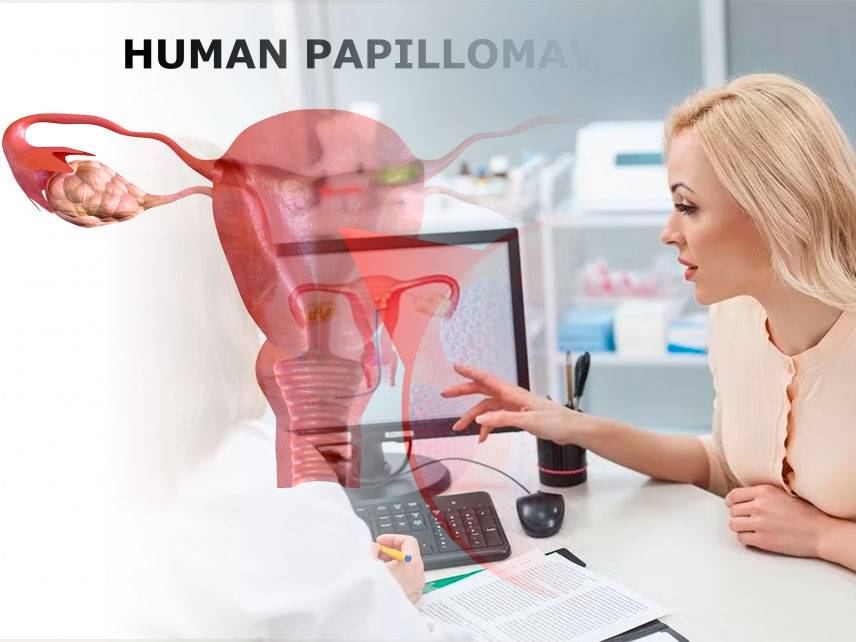Human papillomavirus (HPV) is a viral infection that can cause genital warts, and in some cases, cancer. HPV is very common, and is estimated to affect approximately 79 million Americans. It is spread through sexual contact, and can be passed even when there are no visible signs or symptoms.
Signs and Symptoms
Many people who have HPV have no visible signs or symptoms. However, some may experience warts in the genital area. These warts can be raised or flat, single or multiple, and can appear as small bumps or large clusters. Other signs and symptoms of HPV can include genital itching, burning, or pain.
Causes and Risk Factors
HPV is caused by contact with the skin of an infected person. It is most commonly spread through sexual contact, including vaginal, anal, and oral sex. It is possible to spread HPV even when there are no visible signs or symptoms. Anyone who is sexually active is at risk for getting HPV, though young women are particularly vulnerable as their bodies are still developing.
Prevention
The best way to prevent HPV is to practice safe sex, including using a condom during vaginal, anal, and oral sex, and limiting the number of sexual partners. Vaccines are also available to help protect against certain types of HPV. It is important to discuss the benefits and risks of the HPV vaccine with a doctor.
Diagnosis
HPV can be diagnosed through an examination of the genital area. If a doctor notices any signs or symptoms, they may take a sample of tissue or cells to be tested in a laboratory. In some cases, a Pap test or HPV test may be used to test for the virus.
Treatment
There is no cure for HPV, but there are treatments available to help manage the symptoms. These treatments can include medications to reduce itching or burning, or to remove warts. In some cases, surgery may be necessary to remove warts or lesions.
Coping and Support
Having HPV can be difficult to manage and coping with the diagnosis may be challenging. It is important to talk to a doctor or therapist about any concerns or questions. It is also important to seek support from family and friends.
Complications
In some cases, HPV can cause certain types of cancer, including cervical, anal, vaginal, and oral cancer. It is important to talk to a doctor about the potential risks and to get regular checkups.
Living with Human Papillomavirus
Living with HPV may be difficult, but there are ways to manage the virus. It is important to practice safe sex and to get regular checkups with a doctor. It is also important to talk to a doctor or therapist about any concerns or questions.
Human papillomavirus is a common viral infection that can cause genital warts and, in some cases, cancer. It is spread through sexual contact, and can be passed even when there are no visible signs or symptoms. The best way to prevent HPV is to practice safe sex and get vaccinated. There is no cure for HPV, but there are treatments available to help manage the symptoms. It is important to talk to a doctor about any concerns or questions, and to seek support from family and friends. With proper care, it is possible to manage HPV and reduce the risk of complications.





